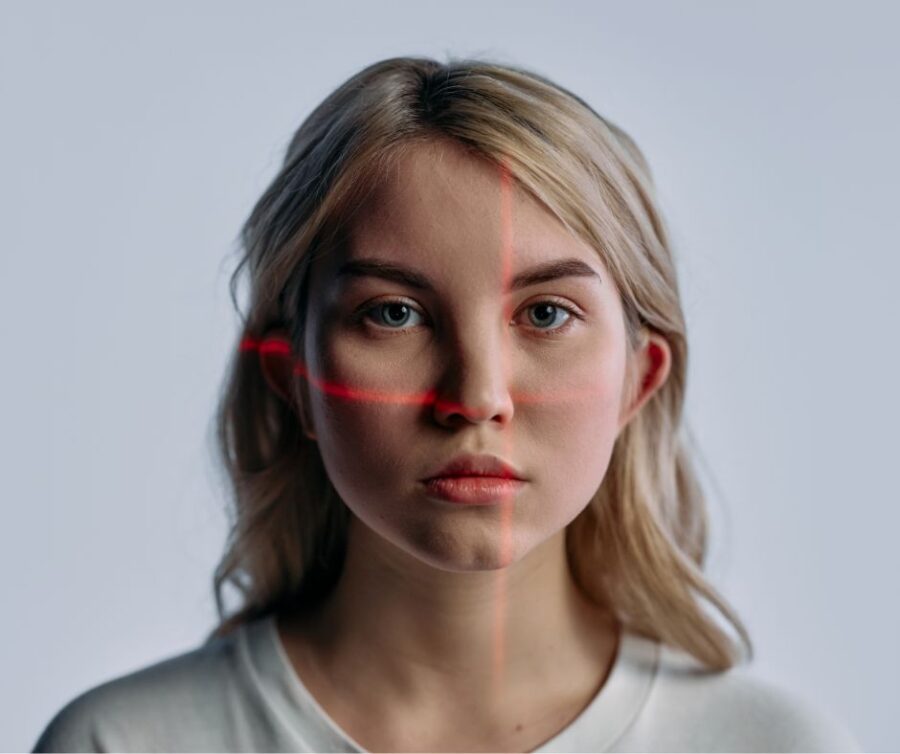The Australian Parliament has just released its report, The Future of Work, on the rapid development and uptake of automated decision making and machine learning techniques in the workplace. Read more about the inquiry here.
This is an important step toward ensuring that we keep pace with digital changes and protect workers’ rights along the way. Basic Rights Queensland (BRQ) and Working Women Queensland (WWQ) made a submission to the enquiry, and we’re pleased to see that many of our key concerns have been addressed in this report.
You can find our submission here.
Bias and Workplace Surveillance
The report highlights AI’s growing role in recruitment, promotion and even firing decisions. The report calls these uses of AI high-risk and recommends strict regulations to ensure fairness. Based on experiences of our clients, we have been concerned that AI-driven hiring systems can reflect biases, making it more difficult for women, people with disabilities, and those from diverse backgrounds to get jobs. The report suggests laws to prevent unfair discrimination in AI-driven recruitment and workplace decisions.
The report also points to the rising issue of workplace surveillance. Many workers are unaware that their employers are collecting data on them, ranging from how long they take to complete tasks to tracking their movements. The report recommends changes to the Privacy Act and Fair Work Act to protect workers from excessive monitoring. At BRQ, we’ve seen how this issue particularly affects women working from home, where employers sometimes shift responsibility for workplace safety onto them. Stronger privacy protections and limitations on data collection are a vital step forward.
Technology & sexual harassment
Another significant issue addressed is the rise of workplace technology-facilitated sexual harassment. AI and digital tools have created new methods for harassment, and the report calls for stronger protections. WWQ has worked with many women who face online harassment at work. The report’s recommendation for better reporting systems and AI-powered tools to detect harassment is an important move. However, we also need cultural changes in workplaces to truly address this issue.
Women in STEM
The report highlights the underrepresentation of women in AI and tech roles. Since these industries shape workplace technologies, their lack of diversity can lead to biased AI systems. The report recommends more support for women to enter STEM (Science, Technology, Engineering, and Mathematics) careers.
From our research, we know this problem runs deep—girls as young as six are discouraged from pursuing tech careers. We strongly support measures to help more women enter tech and AI development to ensure that workplace tools are fair for everyone.
Recommendations
One of the exciting recommendations from the report is the creation of an independent AI Commissioner. This role would oversee the use of AI in workplaces to ensure it is ethical and fair. We advocated for stronger oversight, and this is a significant step in the right direction. If implemented correctly, this could help protect workers from unfair treatment caused by AI, such as biased hiring systems or hidden performance monitoring.
The report also calls for more transparency when AI is used in workplaces. The report recommends new laws that would require employers to inform workers when AI is used and grant them the right to challenge AI-driven decisions.
This echoes our call for workers to have a voice in how technology is used in their jobs. AI should not be a secret tool wielded by employers—it should be a transparent and beneficial tool for everyone, with clear oversight.
The Future of Work report is a step forward in ensuring that workplace technology is used responsibly. We were heartened the report reflected many of our key concerns and recommendations, from addressing AI bias and workplace surveillance to preventing digital harassment and increasing diversity in tech jobs.
However, reports alone are not enough to bring about change—action is needed. The government must turn these recommendations into laws and protections for workers. We will continue advocating for fair, safe, and inclusive workplaces in the digital age.

